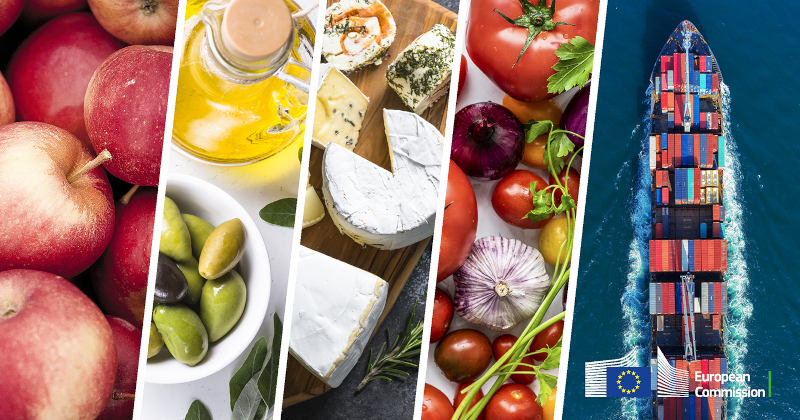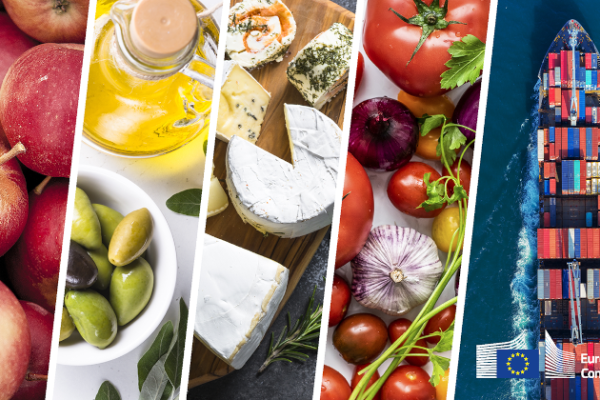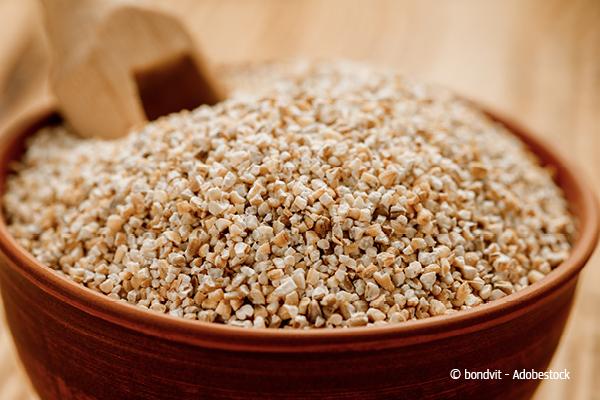
In May 2024, the EU's agri-food trade surplus stayed stable at €5 billion, slightly down from May 2023. Exports were €19.7 billion, with growth in olives and olive oil but declines in vegetable oils and cereals. Imports were €14.7 billion, up 3% from May 2023, driven by increases in cocoa products, fruit, nuts, and olive oil. Top trade partners included the United States, United Kingdom, China, Brazil, and Ukraine. These are the main findings of the latest monthly agri-food trade report published today by the European Commission.
Exports
EU agri-food exports remained stable at €19.7 billion, with cumulative exports from January to May reached €97.4 billion, a 2% increase from 2023.
The United Kingdom was the top destination, followed by the United States, which saw a 9% increase due to higher olive oil prices. China experienced a 10% drop, mainly in pigmeat, cereal preparations and dairy. Furthermore, exports to Brazil rose by €208 million (+21%), driven by higher olive and olive oil prices. In contrast, exports to Russia fell by 15% (€463 million), especially in spirits.
Olive oil exports surged by 60% (+€1.2 billion), while cereal export values fell by 14% (€937 million) due to lower prices despite higher volumes. Vegetable oil exports also dropped by 37% (€654 million) due to lower prices and volumes.
Imports
EU agri-food imports were €14.7 billion, up 3% from May 2023. Cumulative imports from January to May reached €69.6 billion, at a stable level compared to 2023.
Despite a 4% decline, Brazil remained the top source, followed by the United Kingdom and Ukraine. Imports from Côte d’Ivoire, Nigeria, and Tunisia surged, driven by higher cocoa and olive oil prices. In contrast, imports from Australia, Indonesia, and Canada fell sharply. Coffee, tea, cocoa and spices imports rose by 26% (€2.3 billion), and imports of fruit and nuts by +9% (€855 million), while cereals and oilseeds saw significant declines due to lower prices and volumes.
More insights as well as detailed tables are available below in the latest edition of the monthly EU agri-food trade report.
Details
- Publication date
- 3 September 2024
- Author
- Directorate-General for Agriculture and Rural Development
- Location
- Brussels




